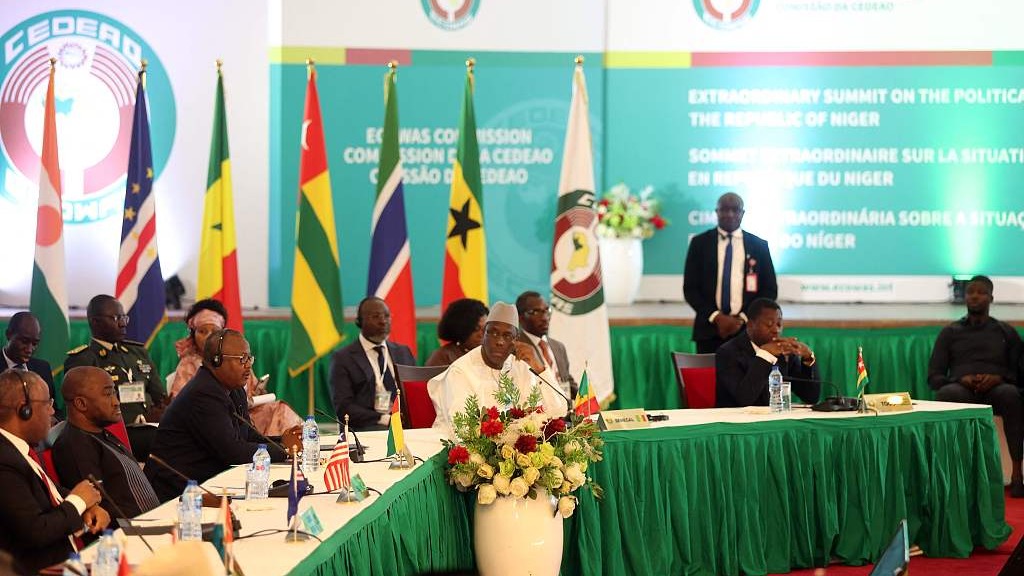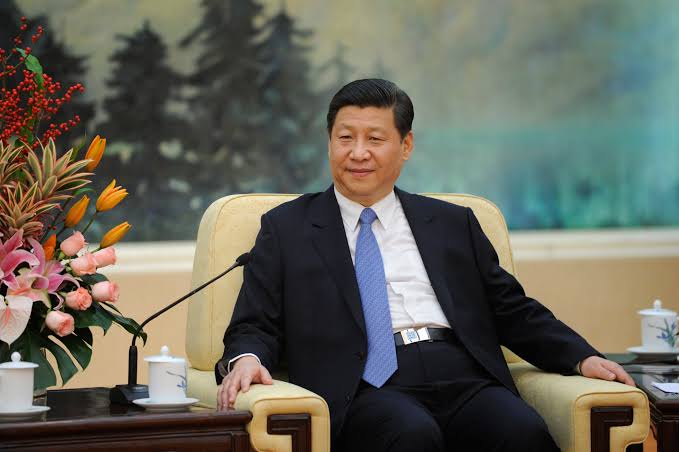In response to the recent political upheaval in Niger, the Economic Community of West African States (ECOWAS) is gearing up for a critical two-day meeting of its Defence Chiefs in Accra, Ghana. The objective is to solidify plans for the deployment of a regional standby force to Niger, a move born out of the necessity to restore constitutional order following the recent coup. As tensions rise, the bloc faces the challenge of finding common ground among its member nations to execute this formidable operation.
Regional Response to Niger’s Political Crisis
Defence chiefs representing the member states of the Economic Community of West African States (ECOWAS) are set to convene in Accra, Ghana, from Thursday to Friday. Their purpose is to finalize comprehensive strategies for the deployment of a standby force to Niger, a decision propelled by the recent coup that has unsettled the political landscape of the nation. This high-stakes meeting serves as a follow-up to the directive issued by ECOWAS leaders in a recent urgent gathering held in Abuja, Nigeria.
Navigating Challenges and Goals
The directive to activate a regional standby force in response to the coup in Niger stems from the extraordinary summit held last week by ECOWAS leaders. As they chart the course forward, the leaders reaffirmed their unwavering commitment to restoring constitutional order in Niger through peaceful means. However, the specifics of the force’s composition and the timeline for its deployment remain undisclosed, adding a layer of uncertainty to the operation. President Bola Tinubu of Nigeria, a key player in the ECOWAS bloc, emphasized that the use of force would be a last resort, reflecting the bloc’s measured approach to the crisis.
Balancing Power and Diplomacy
Despite the decision to activate a standby force, experts have raised concerns about the viability of a military intervention in Niger. This complex operation hinges on extensive negotiations and contributions from member countries, a process that demands a careful balance of interests and priorities. ECOWAS’s overarching goal, characterized as a “show of force,” is to create a pathway for dialogue with the leaders of the Niger coup. The junta’s ominous warning of dire consequences if the deposed President Mohamed Bazoum is restored through military intervention casts a shadow over the region’s stability.
This crisis has propelled the regional bloc into a challenging situation that demands diplomacy, negotiation, and strategic planning to achieve a peaceful resolution. As ECOWAS leaders and defence chiefs convene in Accra, the spotlight remains on their ability to navigate through these complexities and foster stability in the region.
















